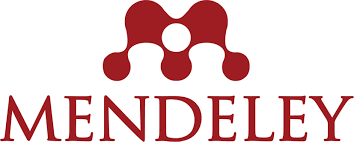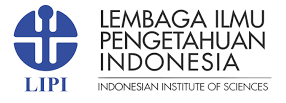Model Pemenuhan Hak Pendidikan Anak Sebagai Bagian dari Pembinaan Anak Yang Berhadapan Dengan Hukum
Abstract
Law No. 11 of 2012 concering the Juvenile Criminal Justice Syistem (SPPA) has legally changed the paradigm and handling of children in conflict with the law. The strategic role of corrections has begun to move since tre-trial, adjudications, to Post adjudications, children since being placed in the correctional instution. Especially for children during their sentence, the role of LPKA is to provide services, care, guidance, education. Supervision of children must really pay attention to the rights of children and the basic principles of handling children. The basic principles inherent in children, namely the best interests of children, non-discrimination, respecting children’s opinions and the growth and development of children must be the basic guidelines in the treatment of children. his type of research uses normative legal research using a statutory and case approach. The results of this study are that the systems, mechanisms and procedures for child development refer to Law Number 12 of 1995 and Law Number 11 of 2012 and Government Regulation Number 31 of 1999 which consists of 3 (three) stages, namely Earl Stage Development, Development Advanced Stage and Final Stage Coaching. The ideal coaching is through the Child Friendly Integrated Development System Model, which is a child coaching system that is carried out individually or in groups according to the needs of the child by directly involving officers, families, communities and local governments by paying attention to legal, organizational and management aspects, human resources, budget, facilities and infrastructure, socio-cultural as well as the principle of the best interestsofthechild.




1.png)





.png)

.png)







